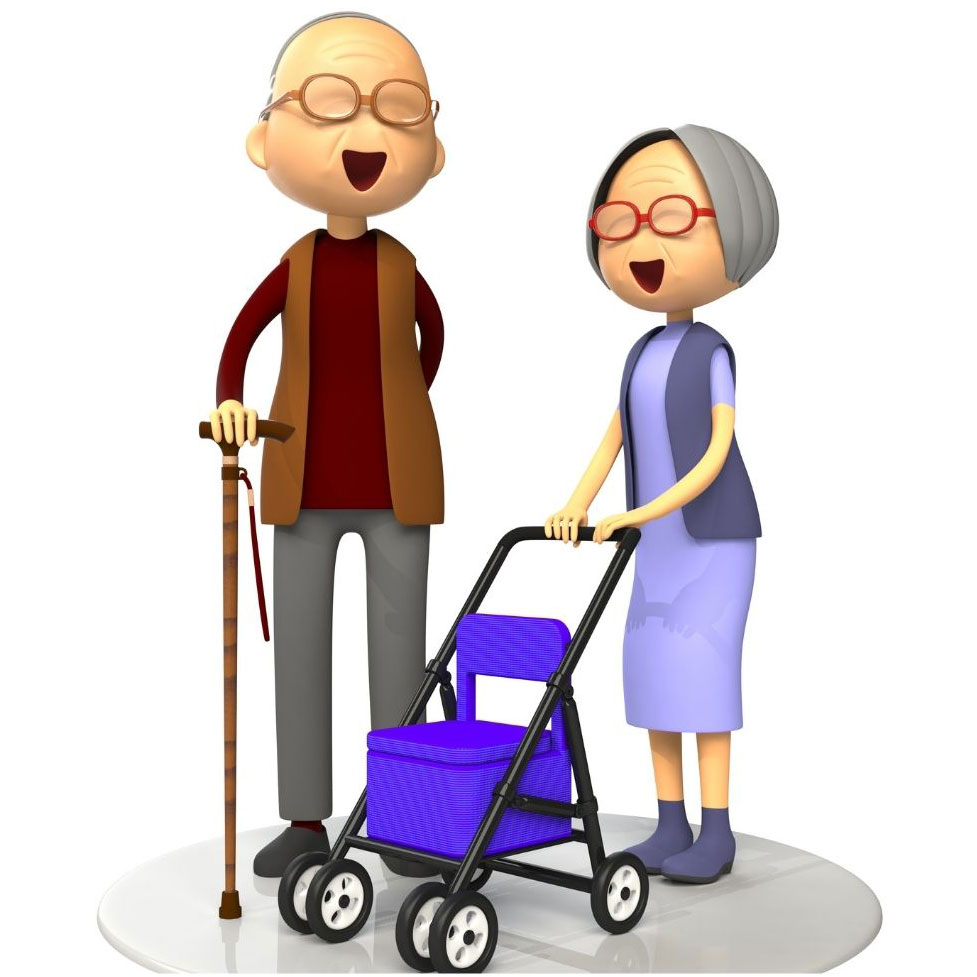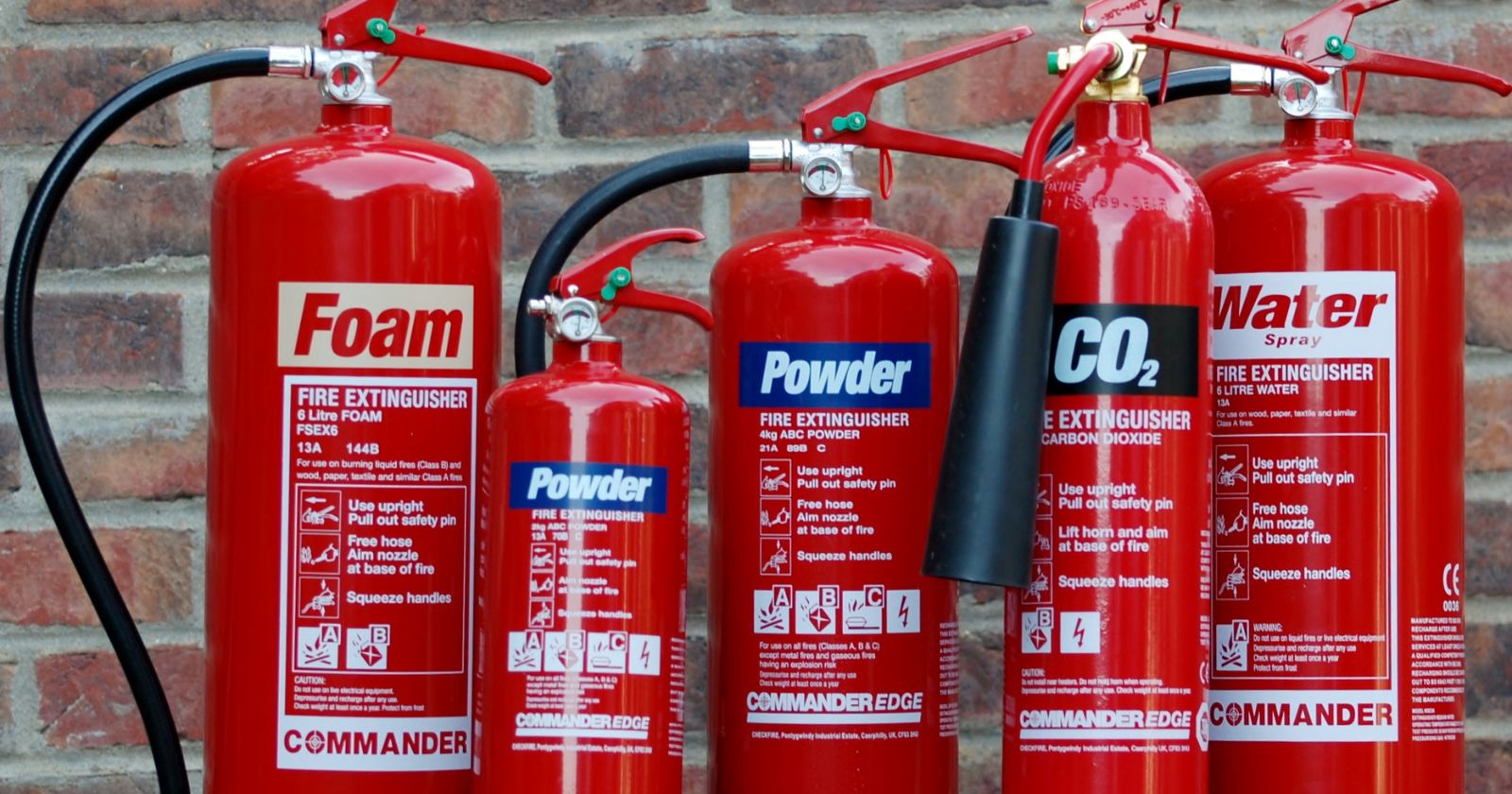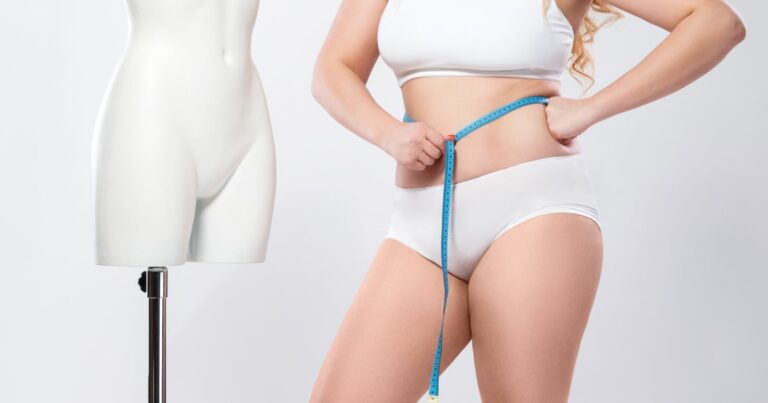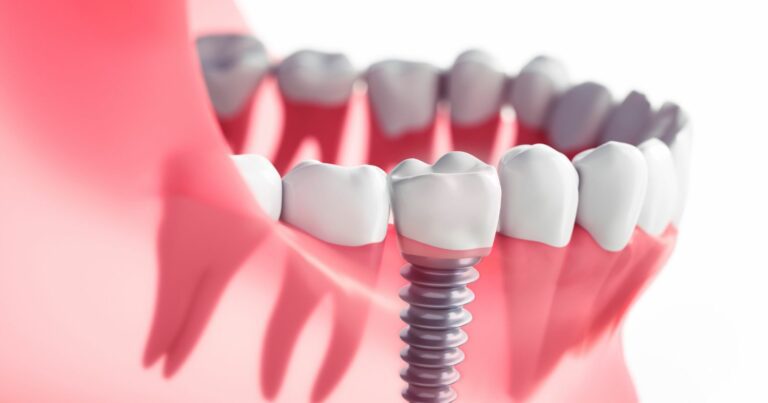Looking To Prevent Dehydration In The Elderly? In this Review, we reveal the symptoms and what you can do to prevent dehydration.
Prevent Dehydration In The Elderly. If You Think This Is A Small Problem, Think Again.
Dehydration occurs when you use or lose more fluid than you take in, and your body doesn’t have enough water and other fluids to carry out its normal functions. If you don’t replace lost fluids, you will get dehydrated.
According to the press, 75% of Americans are chronically dehydrated. While this is not supported by medical literature, dehydration is common in elderly patients. It has been reported to occur in 17% to 28% of older adults in the United States. Dehydration is a frequent cause of hospital admission. It can cause morbidity and mortality on its own and complicates many medical conditions. Dehydration may also be over-diagnosed. This can lead to misdiagnosis of the real cause of the patient’s illness and lead to over-treatment with fluids. Dehydration is easily treatable and preventable. A thorough understanding of the causes and diagnosis of dehydration can improve patient care.
We are going to look at the symptoms of dehydration and how to prevent dehydration.
It Pays To Understand The Symptoms of Dehydration
The signs and symptoms of dehydration in the older population vary depending on the severity of the condition. Not all early signs of dehydration in elderly people have to be present to arouse suspicion that a senior is on the verge of dehydration or already dehydrated. Let’s go into more detail.
It’s always a good idea to take a sip of water if you notice any of the following early signs and symptoms of dehydration in elderly people:
- dry mouth
- thirst
- dry skin
- less frequent urination
- dark urine
- constipation
- muscle cramps in limbs
- fatigue
If dehydration is not addressed in its early stages, chronic dehydration symptoms can quickly develop:
- lack of sweating and tears
- sunken eyes
- dizziness
- confusion and irritability
- low blood pressure
- weak and rapid pulse
- rapid breathing
- delirium and unconsciousness
Can dehydration cause confusion in the elderly? It certainly can. If a senior is suddenly showing signs of confusion or any other severe symptoms of dehydration, they must see a doctor right away. For a senior, it always helps to have a medical alert system around, just in case.
Preventing Dehydration in the Elderly
As you know, seniors have to take extra steps to ensure proper hydration. However, knowing the risk factors enables you to handle them one by one. Preventing dehydration in elderly people is easy with the right plan. Taking the following steps should prevent dehydration:
Drink enough fluids:
How much water should an elderly person drink a day? Experts recommend that older adults consume between 11.5 and 15.5 cups of fluids per day. Notice that we said fluids, so it doesn’t have to be just water. Any liquid will do, but alcohol and coffee don’t count. In fact, they provide the opposite effect because they act as diuretics. Make sure to drink extra fluids when it’s hot and when you are sick. Never wait to become thirsty—dehydration has already started at that point.
Always have a variety of fluids around:
What liquids are best for preventing dehydration in seniors? Water is best for preventing dehydration, but drinking only water can seem like a tiresome task. That’s why having a variety of options and having them close by at all times will definitely make it easier to increase your overall fluid intake. Choose natural juices and drinks containing low sugar or sports drinks, such as Gatorade, containing electrolytes.
Eat foods with high water content:
Water in foods counts too! Conveniently, foods that are high in water content are also very good for you and your diet. Eating fruits and vegetables, soups, yogurts, and so on will not only keep you hydrated but help you lose weight. Since we’re talking about dehydration prevention, elderly people are also prone to constipation. You can solve both problems at the same time by increasing fluid intake.
Measure fluid intake:
If you’re concerned whether you or the person you are taking care of is drinking enough liquids, it helps measure the fluid intake. You can even keep a journal—this can be especially useful for seniors who can’t speak or move.
Tackle underlying conditions and risk factors:
Talk to the senior about anything that may prevent them from drinking enough liquids, such as mobility issues and incontinence. Educate them about the symptoms of dehydration in the elderly and the dangers of dehydration, and find solutions to these problems.
Source: Mayo Clinic
Conclusion
We believe that dehydration has been overlooked for far too long. Not only are dehydration and the elderly closely related, but the elderly are more at risk of suffering severe consequences. Some of the most severe are urinary tract complications, seizures, heat injuries, and hypovolemic shock. This is partly because some symptoms can be masked, so dehydration in the elderly can be discovered later and require a more complicated treatment. Hopefully, this detailed information above will help you prevent dehydration from ever occurring.
Good luck…






